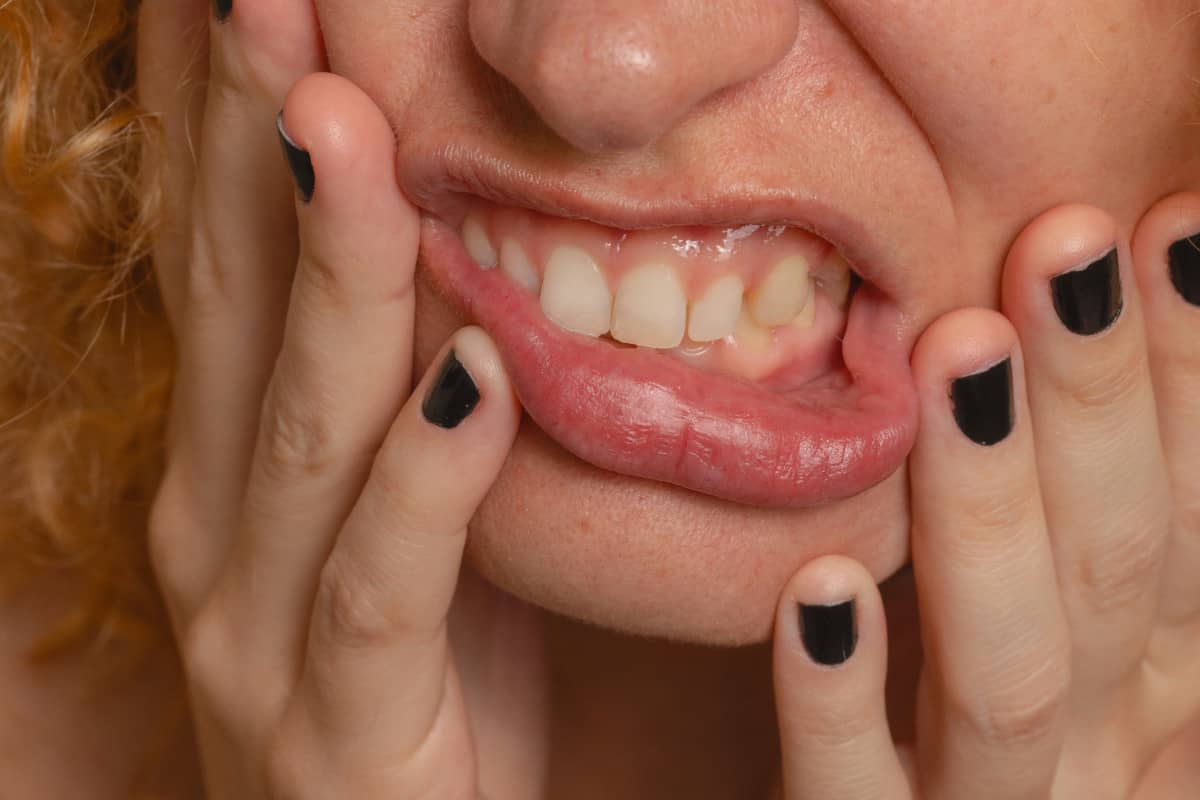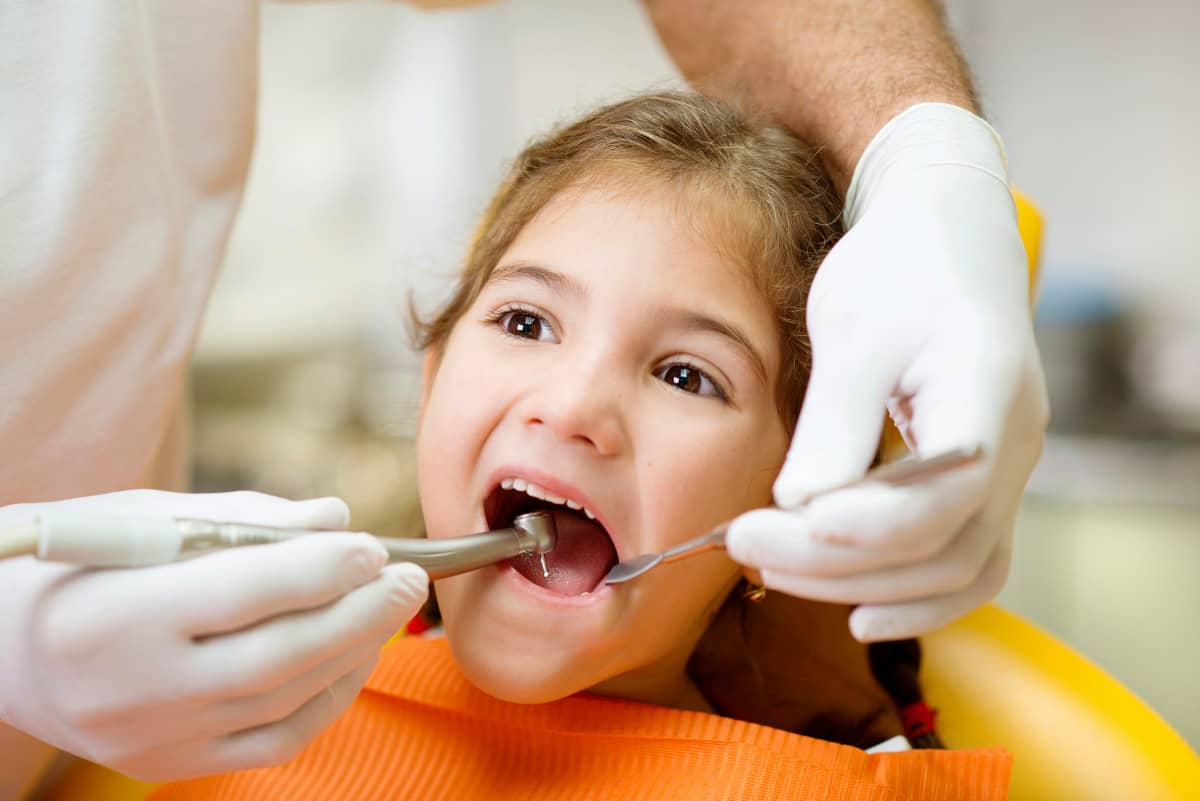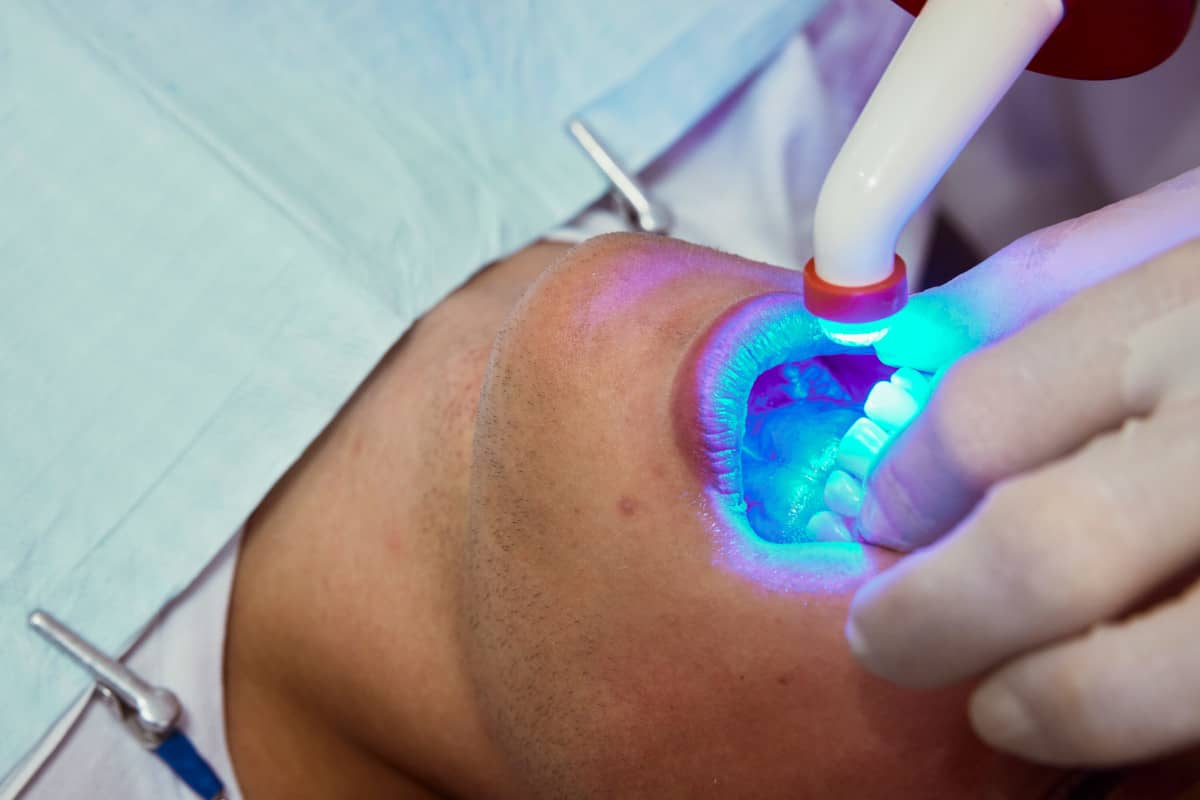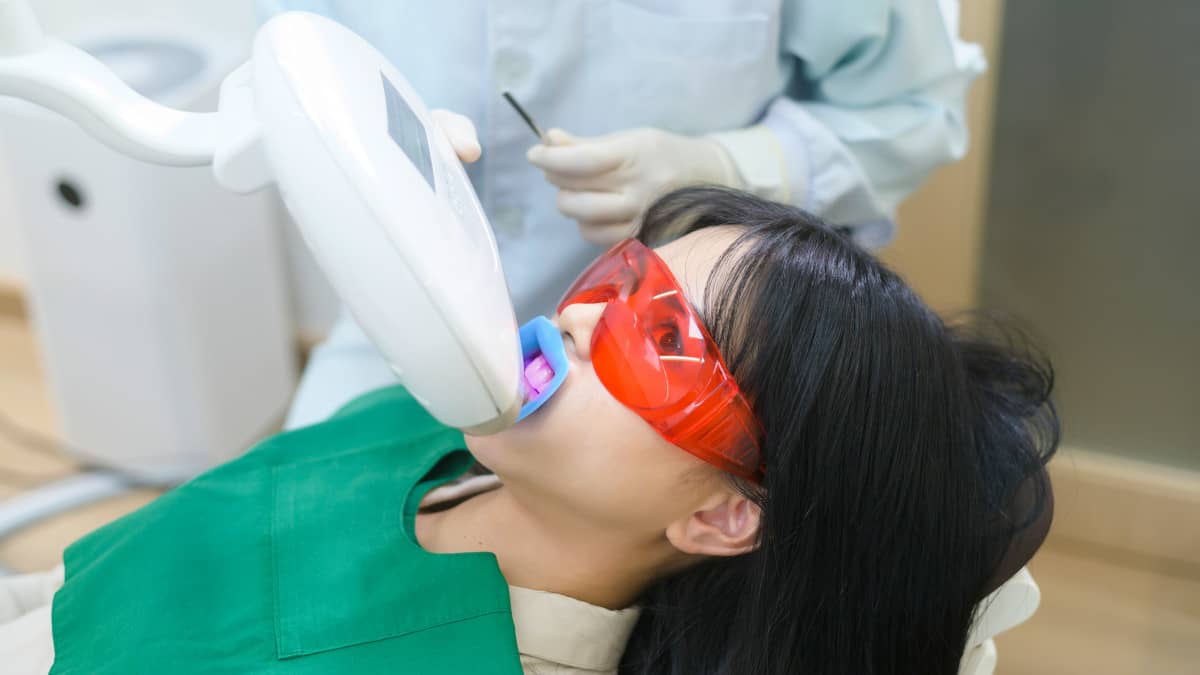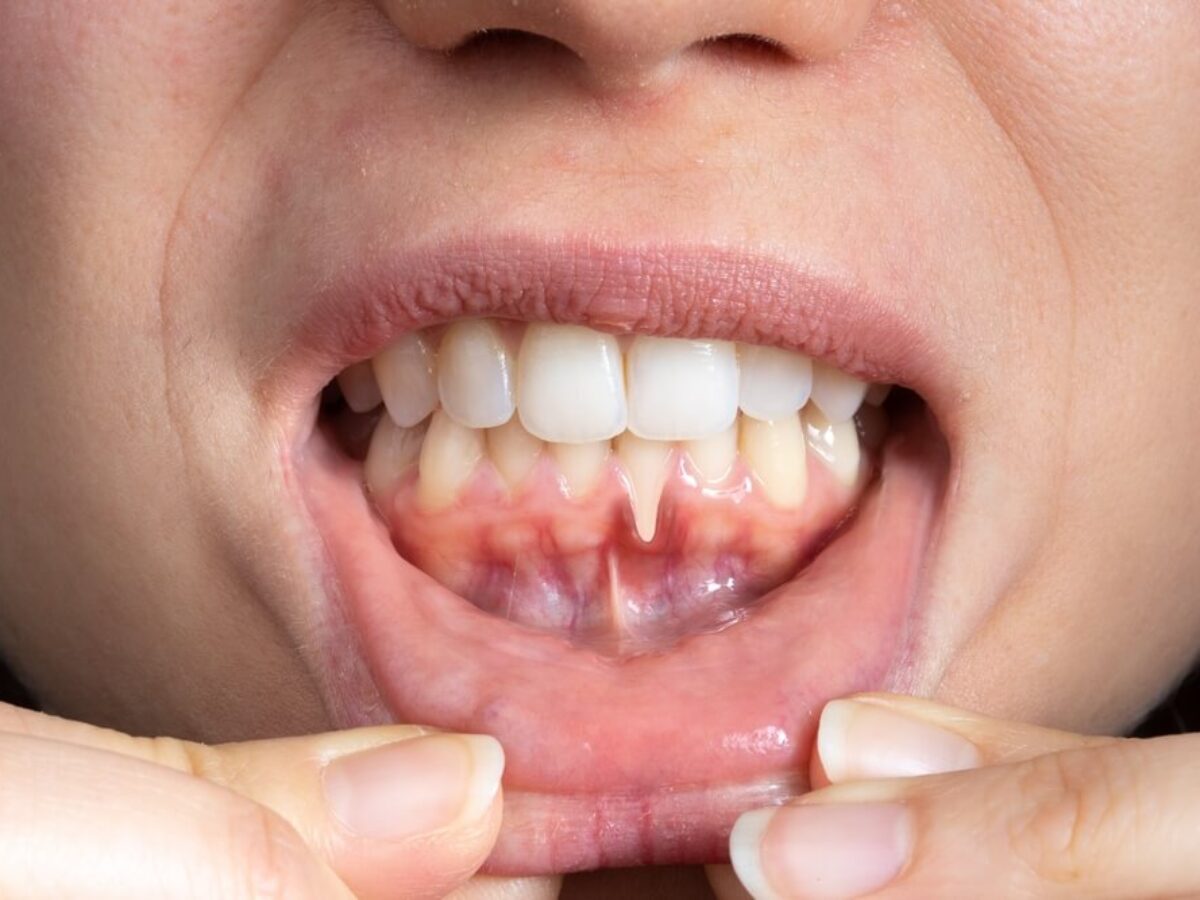
Receding gums: demystifying the problem
Receding gums are an often overlooked dental phenomenon that can have significant consequences for oral health. In this article we will try to explore in detail the underlying causes of gum recession and the associated symptoms. In addition, we will provide you with comprehensive strategies to prevent and care for your gums. Knowledge and action are key to maintaining a healthy smile and preventing long-term problems.
Clarifying the Causes ofrecedinggums:
- Trauma from improper toothbrushing: using hard bristled toothbrushes or brushing with too much force and incorrect movements can wear down gum tissue, contributing to recession, and can lead to gum recession.
- Gum disease: Gingivitis, the inflammation of the gums, if left untreated, can progress to periodontitis, causing gum recession and gum disease.
- Genetics: Genetic predisposition also plays a role; some people may have gums that are naturally more delicate and prone to gum recession.
- Oral breathing: this is a direct cause of the poor gingival condition of all the teeth in the anterior sector.
- Poordietary habits: a diet lacking in essential nutrients can weaken the gums and increase the risk of gingival recession.
- Tobacco and alcohol: negatively affect gum health by reducing blood flow and increasing susceptibility to periodontal problems.
Identifyingsymptoms ofrecedinggums:
- Sensitive teeth: root exposure due to receding gums can lead to tooth sensitivity, especially to temperature changes.
- Appearance oflonger teeth: gingival recession can make teeth appear longer than normal, affecting the aesthetics of the smile.
- Gingival bleeding: Gingival recession is often associated with bleeding during brushing or flossing.
Strategies for the prevention and care of receding gums:
- Proper brushing and flossing: using a soft-bristled toothbrush and gentle brushing techniques, as well as incorporating regular flossing, interproximal brushing or irrigation are key to preventing gingival recession.
- Regular visits to the dentist: regular dental check-ups allow early detection of gum problems and implementation of preventive measures.
- Stop smoking and reduce alcohol intake: quitting smoking significantly reduces the risk of gingival recession and improves overall gum health.
- Balanced diet: A diet rich in nutrients, especially vitamin C, contributes to gingival health.
- Stress management: Chronic stress can affect oral health, so adopting stress management techniques can be beneficial.
- Work on nasal breathing: raise awareness of the misuse of the mouth for breathing and rehabilitate nasal function.
Treatment approaches forrecedinggums:
- Professional cleaning: dentists can perform a deep cleaning to remove accumulated plaque and tartar.
- Tissue grafts: In advanced cases, tissue grafts can be performed to cover exposed areas and stimulate new gum growth.
- Dental crowns or implants: Dental restorations such as crowns or implants may be necessary to correct recession and improve dental aesthetics.
Conclusions:
Gum health is a crucial component of overall oral health. With a thorough understanding of the causes, symptoms and preventive strategies, we can proactively address receding gums. Adopting proper oral care practices and seeking regular dental care are essential steps to maintaining a healthy smile and preventing long-term problems.
Your health is our priority.
Make an appointment at Clinicas Udemax and choose the location that best suits you: Udemax in the outpatient clinics of Policlínica Juaneda, in Arcdental or in Emardental, your clinic in the centre of Palma. For more information, call us on .

